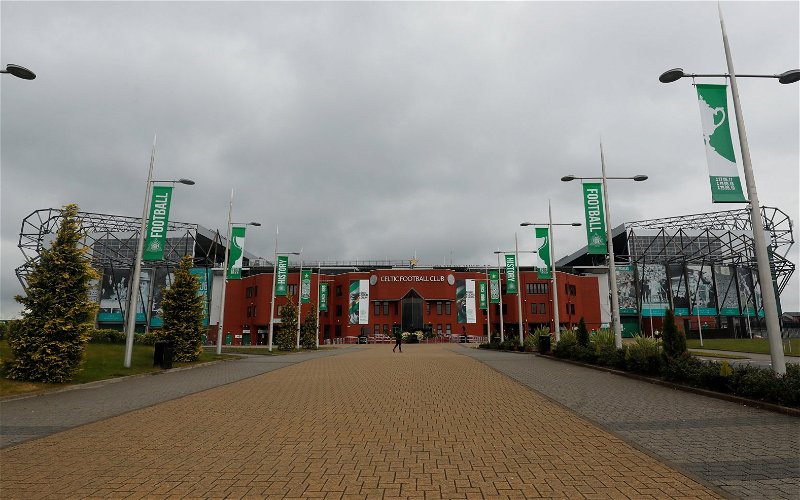The Daily Record has a new scare story for us today; that we might be dragged into a nightmare scenario along with the club on the other side of the city wherein we – who post profits every year – might face UEFA sanctions because of new proposals for FFP.
Let me tell you something; those new proposals stink the house out because they let clubs like the Ibrox one off with years of over-spending. But they will still have an impact. They will still give Celtic an advantage, and perhaps even a significant advantage.
In the last published accounts, we actually did exceed the proposed new FFP rules, because our wages to earnings ratio was 77%. This was a blip caused by the global health crisis, and the impact that it had on our bottom line. There was a lesser impact caused by the same problem over at Ibrox, where their wages to earnings was 73%.
Celtic has been above UEFA’s mandated line on wages to earnings just twice in the last decade, according to the published figures. Ibrox has been above it several times, and their wages to turnover ratio is consistently far higher than Celtic’s.
But none of the numbers are really as scary as they look; you’re talking here about very modest sums of money, a couple of million could put you over or under the line. The signing of a single commercial contract could be the difference between finishing under or over it … it was the break-even requirement which always put Ibrox in peril.
If that’s gone, then their overspending as a whole will have a negligible impact on the club as far as UEFA goes. Or will it?
The issue here is how Ibrox arrives at its figures. Celtic makes up revenue gaps with player sales. At Ibrox they have reached the end of the line with how they make theirs up.
Without significant player sales, FFP was always going to be the least of their problems.
But how they measure income will be an interesting thing as well.
So will the wage increases their players have had in the last 20 months. It is hard to imagine Roofe and the likes not being on very high salaries … these guys have been added to the squad since the last reliable figures were published. So have the summer signings.
Where are the departures which have increased the revenue enough to offset those guys and their massive salaries? We’ve lost key players in the squad. Our overall wage bill has probably shrunk since we posted the last figures. Think of the “exodus” out of Celtic Park, and particularly those expensive loanees who didn’t really contribute that much.
Where do you see them making similar cuts? You don’t.
Do they include, as income, their director’s equity-to-shares swaps? If they do then they are artificially boosting the numbers and wages to turnover is actually much higher than it appears in the figures. There are a lot of accounting tricks you can pull if you are not subject to the full disclosure that clubs get when they are on major exchanges.
Being blunt, if their wage bill isn’t over 70% of turnover for this campaign – and maybe closer to 80% – I’ll be frankly astonished.
That said, the abolition of break-even requirements would be massively beneficial to Ibrox in terms of what their past ten years of overspending should have meant in relation to UEFA. The proposals have not gone through yet, of course, and they really shouldn’t because this is clearly a measure intended to benefit the massive clubs sitting on mammoth TV contracts at the expense of the rest of European football … but they will probably pass as the big leagues move to protect themselves and their clubs from the disastrous effects of over-spending.
But Ibrox isn’t out of the woods by any manner of means. Their failure to reach the Champions League leaves them with structural problems of immense proportions. Because even under wages to turnover rules it is readily apparent that they gambled all the way, and with them having handed out big contracts to a number of key players they are almost certainly well over the line and had sought to make that up with the big money on offer at the top table.
Remember; this is about fine margins. This is about a couple of million in either direction, and with their income stuck at the same level as previous years, the key factor will be what they are paying out in salaries and we know that those have skyrocketed.
At Celtic, not a whole lot has changed. We’ve sold a number of players which have offset any signings we’ve made. Salaries have probably fallen quite a bit. Our wages to turnover ratio usually hovers at around 60% … well short of the UEFA line.
So this doesn’t hurt as much as the screaming headlines suggested today. It means that we have to be careful but when are Celtic not? Any suggestion that this puts us in imminent peril of UEFA sanctions is absurd. What it might do is grant Ibrox a reprieve of sorts … but as I said, UEFA FFP was the least of their worries anyway. Paying the bills is.
